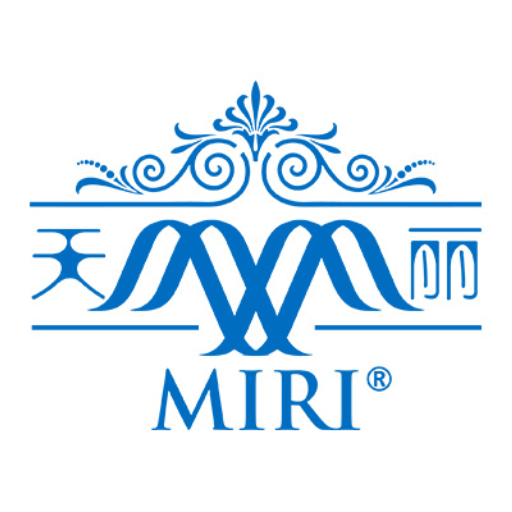The Power of Collagen: Benefits for Skin, Health, and Wellness
Collagen is one of the most talked-about proteins in the beauty and wellness industry, and for good reason. As the most abundant protein in the body, collagen plays a crucial role in maintaining skin elasticity, joint health, and overall vitality. In this article, we’ll explore the benefits of collagen, how it works in the body, and how you can incorporate it into your daily routine for youthful, radiant skin and improved well-being.
What Is Collagen?
Collagen is a structural protein that acts as a building block for skin, bones, tendons, ligaments, and connective tissues. It provides strength and elasticity, keeping the skin firm, joints flexible, and tissues resilient. There are at least 16 different types of collagen, but the most prevalent in the human body are Type I (found in skin, bones, and tendons), Type II (found in cartilage), and Type III (found in muscles and blood vessels).
As we age, our body’s natural collagen production declines—starting as early as our mid-20s—leading to wrinkles, joint stiffness, and weaker hair and nails. Environmental factors like UV exposure, smoking, and poor diet can accelerate this breakdown. Fortunately, supplementing with collagen can help replenish these lost proteins to maintain a youthful appearance and support overall health.
Key Benefits of Collagen
1. Glowing, Youthful Skin
One of the most sought-after benefits of collagen is its ability to improve skin health. Studies have shown that collagen peptides can help:
- Reduce wrinkles and fine lines by improving skin elasticity
- Increase hydration and moisture retention
- Boost skin elasticity and firmness
- Enhance wound healing and skin regeneration
If you’re looking for an effective collagen supplement, consider Miri Collagen Protein, which uses fish-derived collagen peptides for optimal absorption and results.
2. Strengthens Hair and Nails
Brittle nails and thinning hair are common signs of aging and collagen deficiency. Supplementing with collagen provides amino acids like proline and glycine, which are essential for keratin production—the protein that makes up hair and nails. Regular collagen intake can lead to stronger nails, faster hair growth, and reduced breakage.
3. Supports Joint and Bone Health
Collagen is a major component of cartilage, the tissue that cushions joints. Age-related collagen loss can contribute to joint pain and stiffness—common concerns that may worsen during menopause. Hydrolyzed collagen (broken into smaller peptides) has been shown to reduce joint discomfort and improve mobility, making it an excellent option for those experiencing age-related joint issues.
4. Promotes Gut Health
Collagen contains glycine, an amino acid that helps maintain the gut lining and supports digestion. A healthy gut barrier prevents leaky gut syndrome and inflammation, contributing to better overall digestive wellness.
How to Incorporate Collagen into Your Routine
There are several ways to boost collagen levels:
- Diet: Consuming bone broth, fish, chicken, egg whites, and citrus fruits rich in vitamin C (which aids collagen synthesis).
- Supplements: Hydrolyzed collagen peptides in powder or capsule form, like Miri Collagen Protein, are easy to absorb and incorporate into smoothies or drinks.
- Topical Treatments: Skincare products with collagen-boosting ingredients such as retinol and vitamin C.
Final Thoughts
Collagen is a powerhouse protein that supports beauty and wellness from the inside out. Whether you’re looking to improve skin elasticity, strengthen hair and nails, or ease joint discomfort, collagen supplementation can be a game-changer. If you’re experiencing menopausal symptoms like dryness or hair thinning (as discussed in Menopause Hair Loss), collagen can be a valuable part of your regimen alongside other targeted supplements.
For best results, pair your collagen intake with a balanced diet, hydration, and a consistent skincare routine to maximize its benefits. Your body—and your skin—will thank you!
